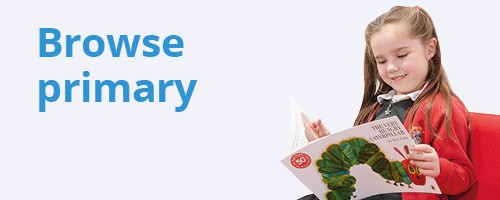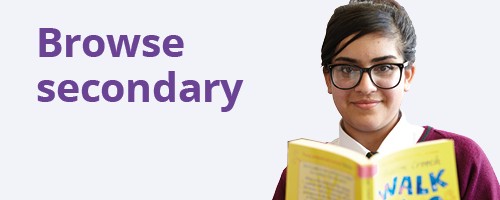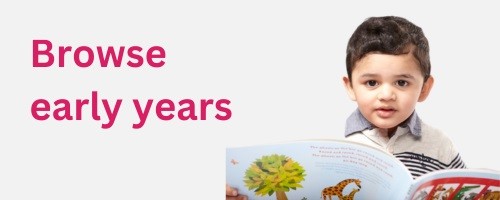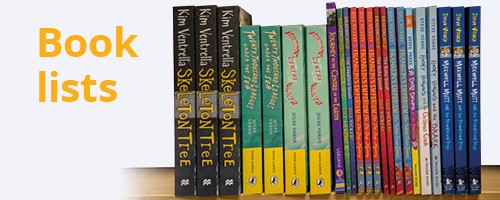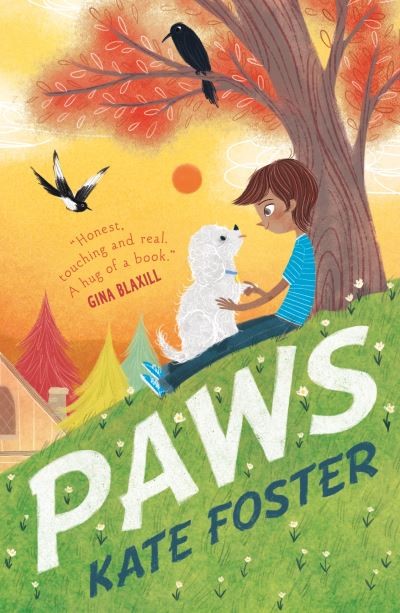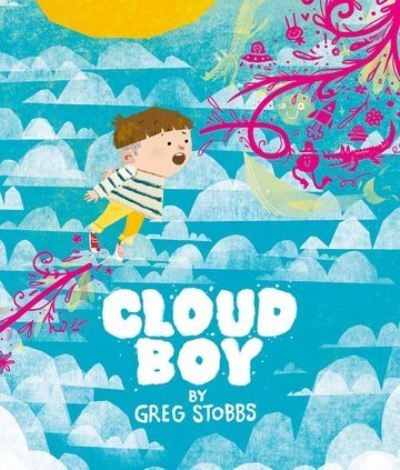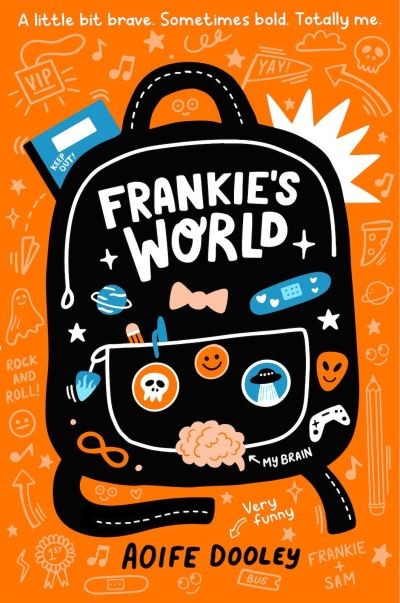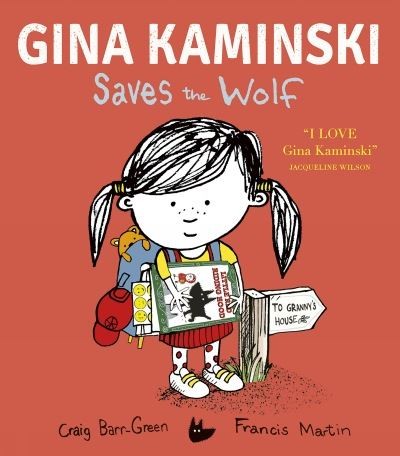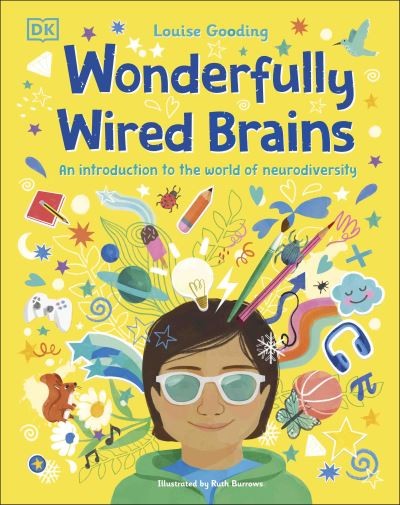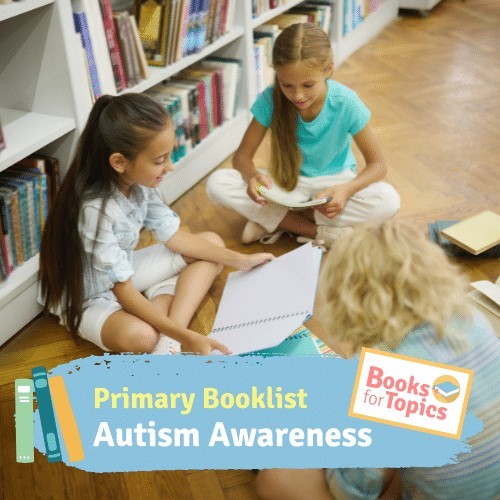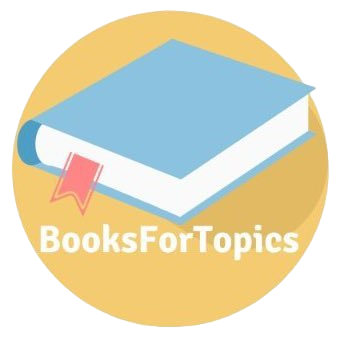Schools please note: due to the summer holidays we will automatically hold all school books and furniture orders due between Wednesday 16 July and Monday 1 September 2025. Delivery will resume from Tuesday 2 September 2025. If your school remains open for deliveries during the summer and you would like to receive your order during this time, please get in touch in advance by calling 0121 666 6646 or emailing hello@peters.co.uk.
For help, advice and telephone ordering call our team on 0121 666 6646
Are you sure you wish to delete this basket?()
This action cannot be undone.
Sorry, something went wrong
Please report the problem here.
BooksForTopics: Five books for Neurodiversity Celebration Week
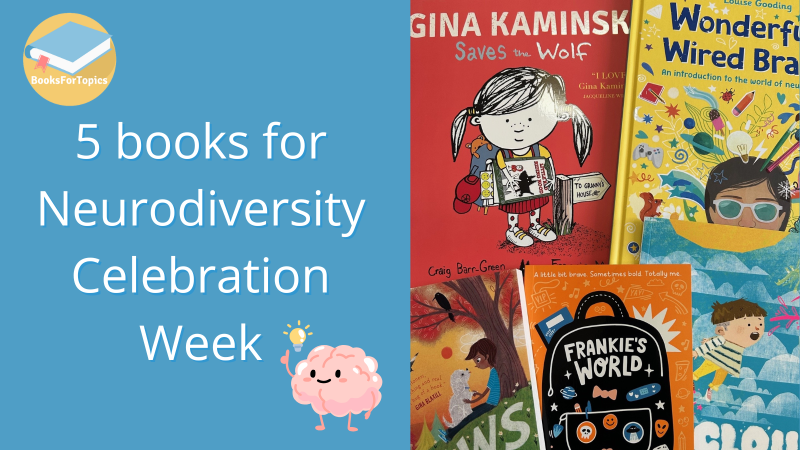
March 12th 2025
Neurodiversity Celebration Week (17–23 March 2025) provides the opportunity for a dedicated time to promote understanding and celebrate the strengths of neurodivergent individuals around the world. This initiative encourages a recognition of neurological differences, an addressing of misconceptions and a chance to transform how neurodivergent individuals are perceived and supported in schools, organisations and workplaces.
To support these aims, our friends at BooksForTopics have curated a collection of books that reflect neurodiversity, challenge stereotypes and facilitate informed discussions. Visit their full neurodiversity booklist here, or get your book pack from Peters with 20% off RRP.
In this blog, BooksForTopics' expert team choose their top five book recommendations for celebrating neurodiversity in primary schools.
1. Paws by Kate Foster
|
2. Cloud Boy by Greg Stobbs
|
3. Frankie's World by Aoife Dooley
|
4. Gina Kaminski Saves the Wolf by Craig Barr-Green & Francis Martin
|
5. Wonderfully Wired Brains by Louise Gooding & Ruth Burrows
|
📚 READ NEXT: representation in children's and teen fiction for children with disabilities

